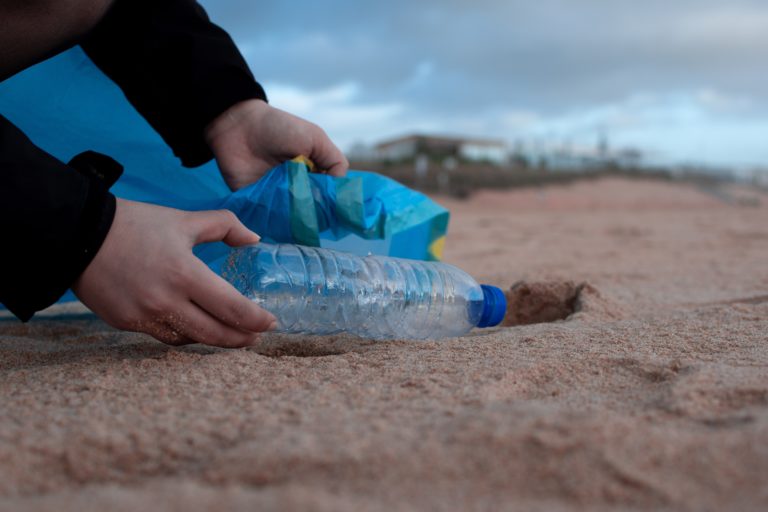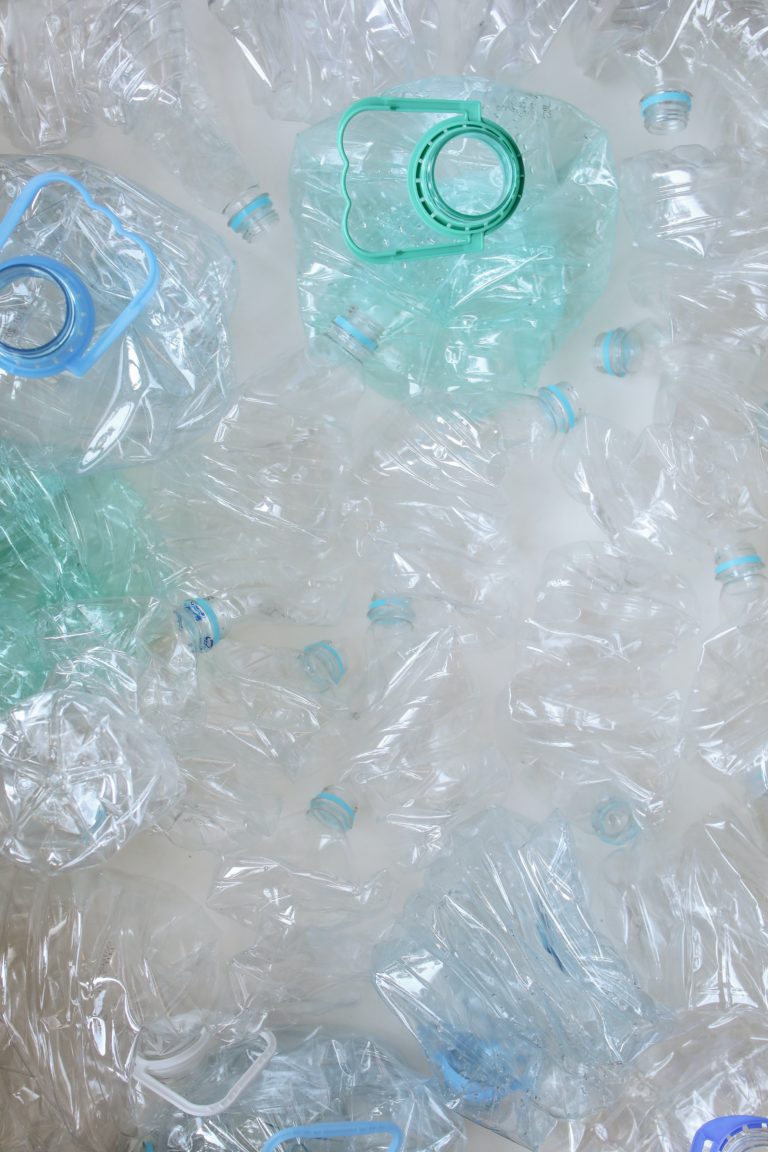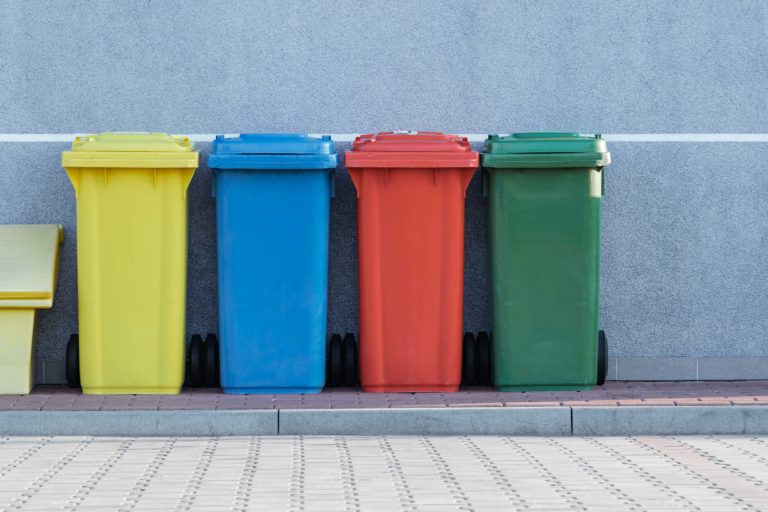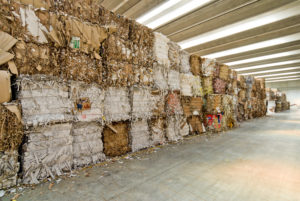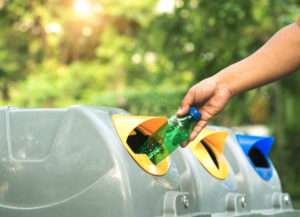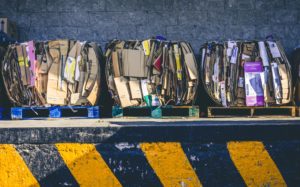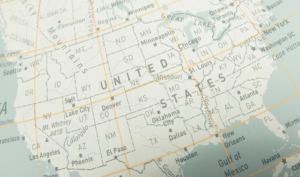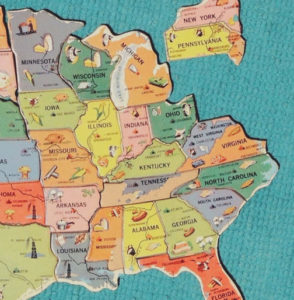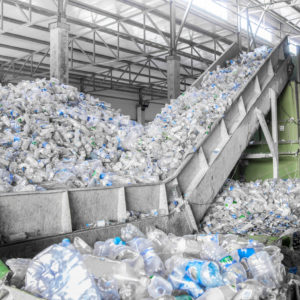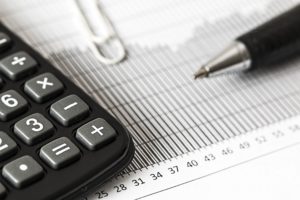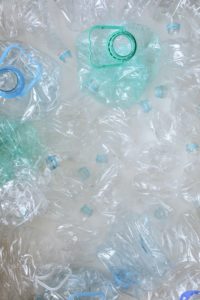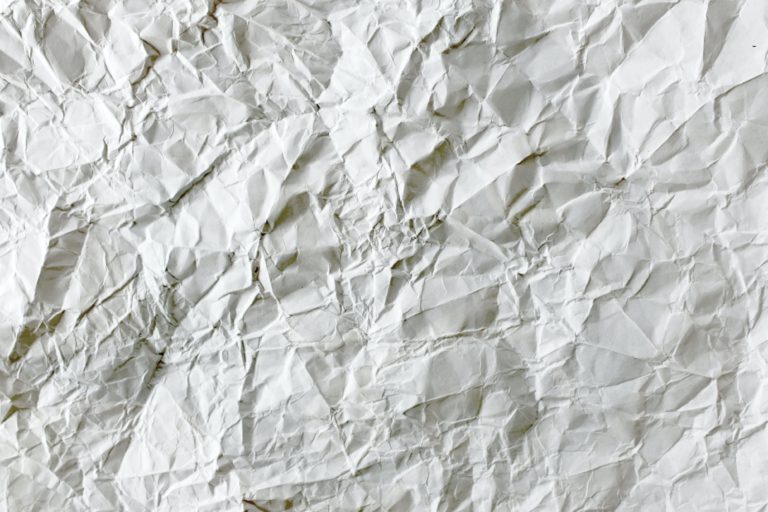The Blueprint
The Recycling Leadership Council believes that recycling needs federal action. Solutions at the national level are vital to improve and advance the system, so that more packaging and more types of packaging are recycled. Without federal leadership, the system will remain fragmented and misaligned, with waste becoming increasingly unmanageable and visions of a sustainable future and a circular economy impossible to realize.
Recycling in America will only work with the unified and concerted national effort provided by federal authority and leadership.
Recycling in America will only work with the unified and concerted national effort provided by federal authority and leadership.
Together, the RLC represents a comprehensive list of stakeholders working together to rigorously scrutinize America’s recycling system and provide substantive, actionable solutions with broad stakeholder support. We propose this ambitious blueprint of federal policy action because our current hyper-localized structure lacks the functionality to achieve broad economies of scale and, in many areas, process the packaging of today and tomorrow. Without the authority, accountability and incentivization provided by the federal government, the United States will struggle to build a true circular economy. We have the opportunity and the will among stakeholders and American consumers to launch a “moon shot” toward a 21st century recycling system and the circular economy the environment so badly needs and that consumers want.
The RLC is calling for a national strategy on recycling and policy action in three areas: data collection; system standardization and harmonization; and financing and end-market development.
We propose the following federal policy concepts to significantly advance the U.S. residential recycling system, building a system supported by all stakeholders that works for all stakeholders.
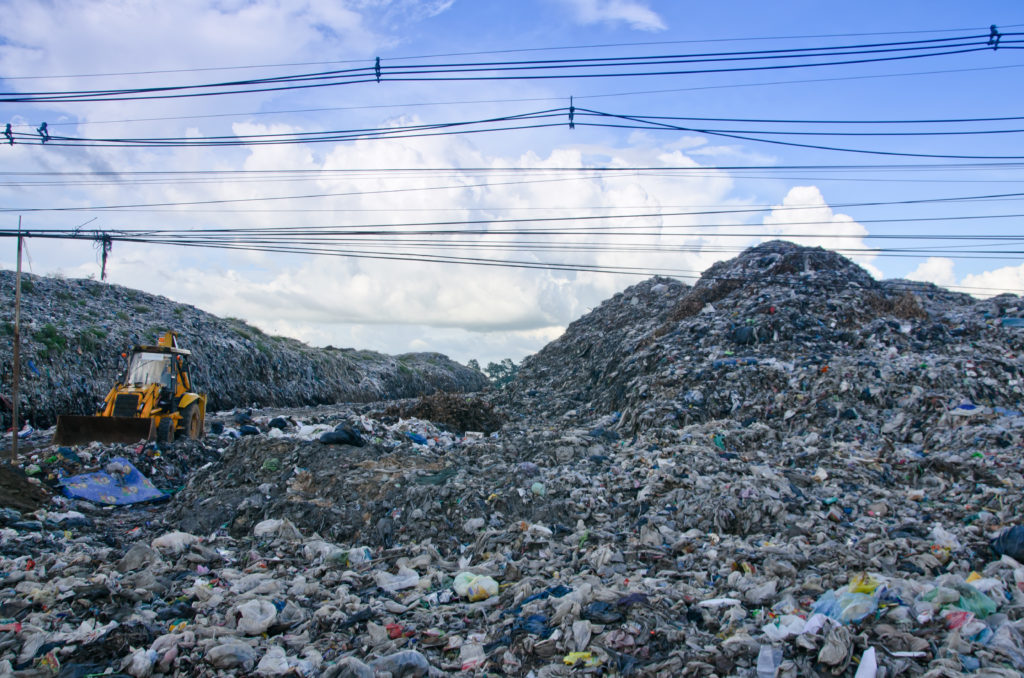
about
The Problem
A critical underpinning of reduced waste to landfill and a circular economy for packaging is the recycling system. The current system has not effectively kept pace with innovations in packaging or recycling system technology. While some programs are using the best possible technology, many remain outdated, unable to process the packaging in use today.
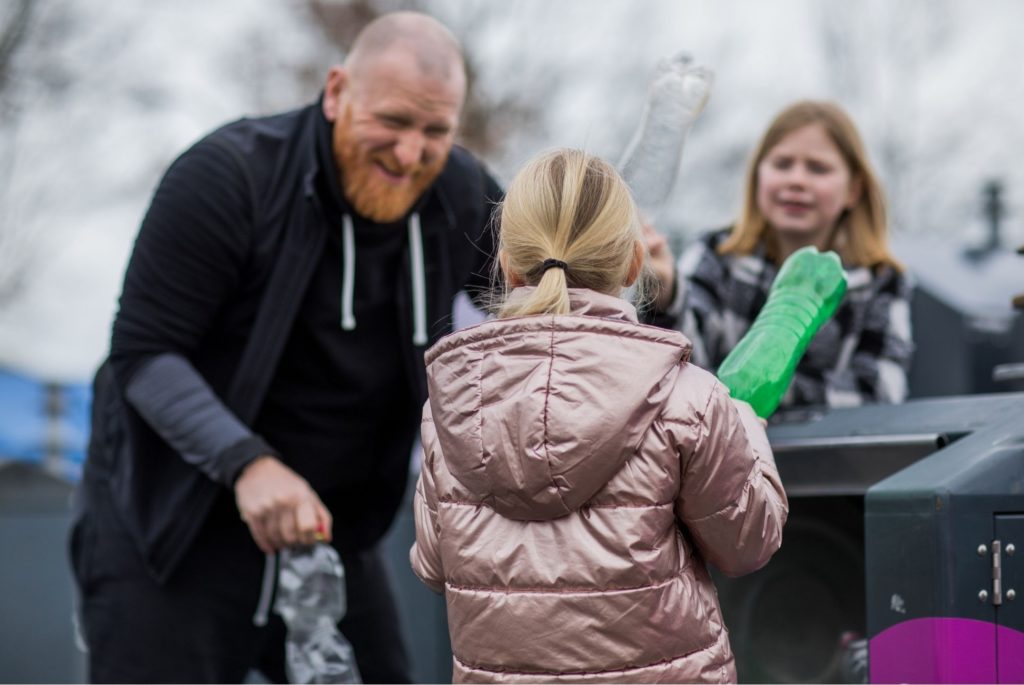
About
Lessons Learned
Central to the mission of reimagining recycling was a year-long data gathering effort from experts in every part of the value chain in order to better understand challenges and identify opportunities to build upon investments and commitments currently underway.
While the global pandemic changed plans to conduct these sessions in the field, it afforded RLC members opportunities to connect virtually with a broad range of experts with extensive knowledge on what is working now and what it will take to fix and modernize recycling in America. Here’s what we learned.
Policy Opportunities
Based on insights garnered from the stakeholder process and successful policy mechanisms used across other industries, the RLC has identified several tools the federal government can use to invest or incentivize investment in the next generation of recycling programs.
After six stakeholder sessions and hours of conversations with experts, plus each individual RLC member’s own efforts and expertise, the RLC has taken our findings and developed a set of federal policy recommendations. These are based on the most urgent areas of focus and greatest opportunities for impact.
The RLC calls for a national strategy to improve, advance and increase recycling in the United States. While recycling alone is not a silver-bullet solution to all packaging challenges, and measures such as source reduction, re-use and other design efforts are important parts of a holistic solution, the underlying recycling system is a critical foundation to creating a circular economy for valuable packaging material. In an effort to offer clear, workable solutions designed to support the reimagining of the domestic recycling system, the RLC offers the following policy recommendations based on three pillars.
Part one
Part One: Data Collection and Reporting Requirements
One of the most significant barriers to advancing and modernizing America’s recycling system is a lack of consistent, reliable data on the performance of the waste and recycling system. The EPA’s America Recycles stakeholder effort found that the words “recycling” and “recycled” were defined 18 different ways by states. As a nation, we aren’t even sure exactly how many individual recycling systems exist. The true figure is unknown, and no official assessment has been done to provide a definitive number.
Similarly, data is lacking on recycling system performance. The Recycling Partnership’s State of Curbside report, for example, projects that curbside recycling is, to date, only recovering about one-third of recyclables from single-family households, but the report also calls for much better data to track the curbside recycling’s performance.
Part two
Part Two: Systems Standardization, Harmonization
The existing patchwork of recycling systems in the United States prevents economies of scale and contributes to consumer confusion and high contamination rates.
By standardizing and harmonizing systems, more and different types of materials can be collected, processed and sold for value-added products or packaging.
Part three
Part Three: Development of Financing Tools and Markets
The U.S. recycling system includes a broad mix of technologies and processing and collection capabilities. Some systems are run with top-of-the-line technology, others have not seen significant investment or equipment improvements in decades.
Similarly, the end markets for some recycled materials have seen dramatic changes due to global market forces, yet demand for some materials far outstrips current supply, creating a supply-demand paradox.
Improving the financial viability of and investments in the U.S. recycling system are a critical part of any solution.
A Call to Action
The roiling of global markets for recycled material, municipal budget cuts and, in some places, significant underinvestment in recycling infrastructure mean we are facing a critical juncture for recycling in the United States.
The system isn’t working as it should, with greater volumes of plastic and packaging lost to landfills, wasting valuable resources, or worse, leaking plastics into the environment. The answer is to build circular supply chains which capture valuable materials, reuse them and continuously cycle materials through the economy rather than sending them to landfills.
The time is now to make the circular economy a reality.
To break the cycle of virgin materials progressing inevitably to landfills, we need comprehensive solutions. There can be no half measures to achieve a circular economy. A broad coalition of stakeholders is required from across the entire value chain aligned on the goal of building the circular economy by creating a modern and effective recycling system.
Over the past year, we have created that coalition in the Recycling Leadership Council, and we have demonstrated that broad consensus can be built on an ambitious blueprint for a circular economy.
The time is now to make the circular economy a reality.
The Recycling Leadership Council calls upon Congress to write and pass comprehensive recycling legislation in 2021. This in-depth proposal represents broad stakeholder input and thought leadership, and we strongly recommend that lawmakers use this blueprint to propose legislation and investments to begin the fundamental reimagination of the American recycling system.
Recycling is the critical foundation to a circular economy and, in many parts of the country, progress has stalled. National leadership is needed to advance, modernize and improve recycling all across the United States. That leadership and a plan to rethink recycling, begins with the Blueprint for America’s Recycling System.
Resources
About the RLC
A diverse group of stakeholders from consumer-facing industries and the packaging and recycling ecosystem.
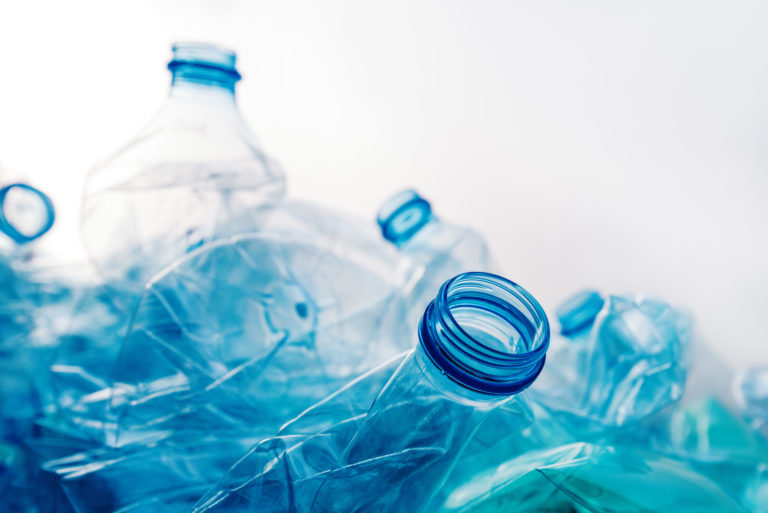
About the RLC
A diverse group of stakeholders from consumer-facing industries and the packaging and recycling ecosystem.
Social Toolkit
Access social graphic assets and copy.
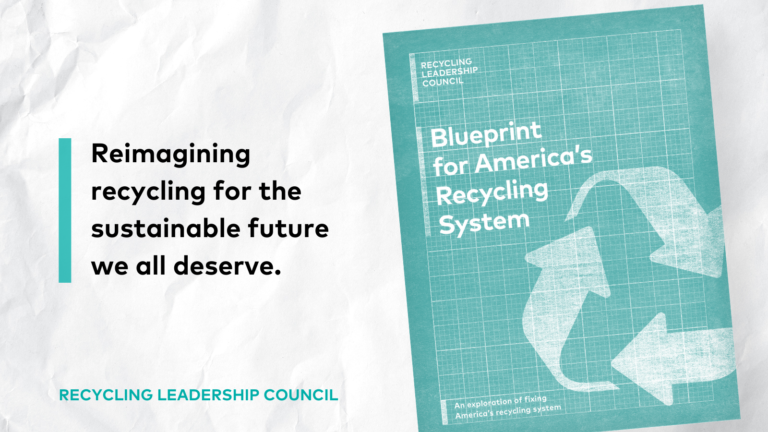
Social Toolkit
Access social graphic assets and copy.
RLC Member Initiatives
Download more about the recycling initiatives of each RLC member.
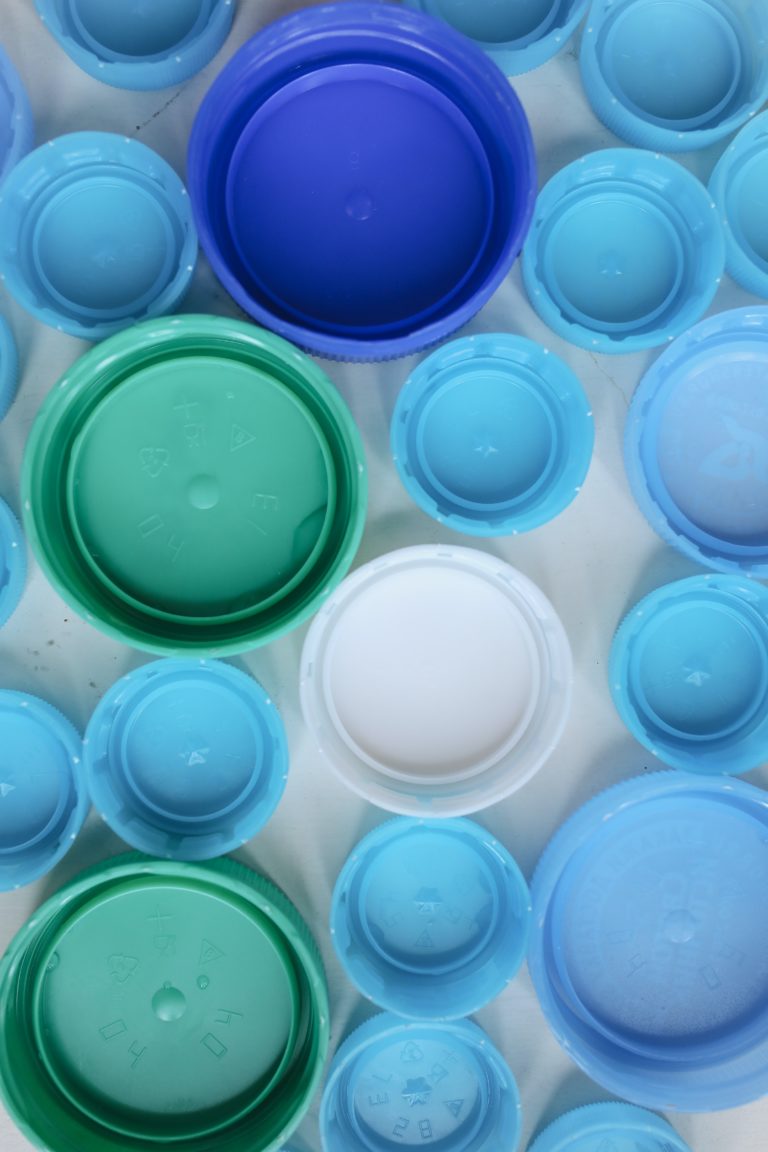
RLC Member Initiatives
Download more about the recycling initiatives of each RLC member.
Recycling in a Pandemic

Recycling in a Pandemic
How COVID-19 has forced American recycling to a critical juncture.


